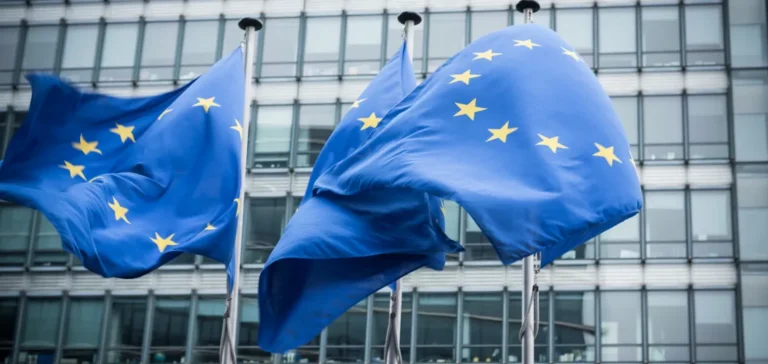The United Kingdom must now adapt its oil and gas exports to the new requirements set by the European Union’s import standard. This regulatory framework directly changes the conditions of access for British hydrocarbons to the European market, imposing greater compliance on volumes and traceability criteria. For British operators, this means reorganizing their certification processes and facing higher associated administrative costs.
An immediate impact on trade flows
The European Union remains the main destination for crude oil and liquefied natural gas from the United Kingdom. The new import rules introduce detailed reporting obligations that slow the processing of shipments at borders. Several companies estimate that compliance could reduce logistical fluidity, particularly for short-term contractual deliveries. The UK’s reliance on the European market thus exposes producers to risks of delays and revenue losses.
Rising compliance costs for operators
Energy companies must strengthen their documentation systems in order to meet European standards. Implementing new certifications generates additional expenses related to lot verification and adjustments to storage infrastructure. Companies estimate that these obligations will increase their fixed costs and weigh on their profit margins. Players with long-term contracts are already seeking to renegotiate terms to offset the rise in expenses.
Towards a redefinition of bilateral energy relations
British producers are considering redirecting part of their exports to alternative markets in order to reduce their dependence on the European Union. However, the geographical proximity and the importance of the network of interconnections between the two zones limit the possibility of a rapid repositioning. Discussions between London and Brussels now focus on better technical harmonization to avoid disruption in flows. The new import standard could therefore reshape the United Kingdom’s position in European energy trade.






















